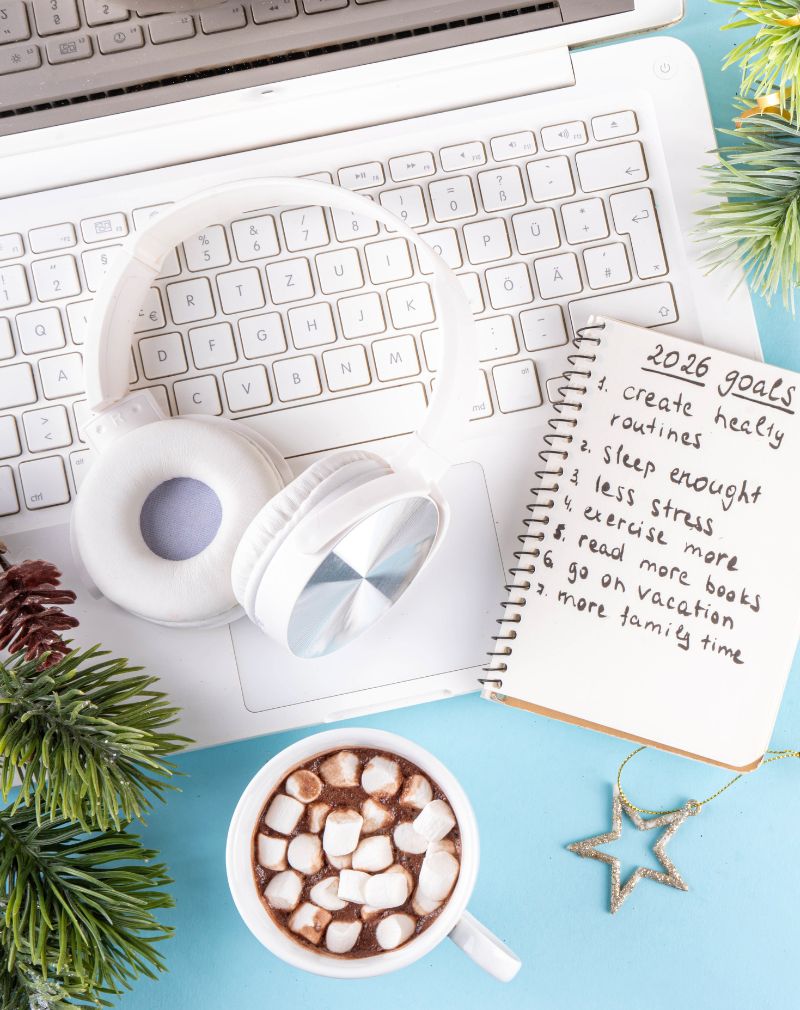Most of us walk through the day without questioning how we feel.
A quick mood swing, a sudden sense of dread, a strange calm before making a big decision. These are things we don’t think twice about. We just feel them. And we move on.
But those gut-level feelings aren’t always random. Sometimes they’re your brain working in silence. Other times, they’re your past hijacking the present.
This is emotional intuition. It’s that quiet signal you get before your mind even has time to form words.
At The American Wellness Center in Dubai Healthcare City, our Psychologists work with individuals every day who are trying to make sense of these signals. Because if you learn to read them, you start understanding yourself in a way no test or textbook can offer.
And if you don’t? You risk trusting the wrong voice inside you, the one shaped by fear, hurt, or habit.
This isn’t about being more emotional. It’s about being more aware. Knowing when your gut is telling the truth, and when it’s just echoing an old wound.
That’s what this guide is about: helping you know which feelings to follow, and which ones to question.
What Science Says About Emotional Intuition
Your brain is always working. Even when you’re not aware of it.
It takes in patterns, body language, tone, past memories, and unspoken tension—then sends you a quick signal. That tight feeling in your chest. That calm certainty. That quiet push to act or step back.
This is intuition. And it isn’t mystical. It’s how your brain protects you when there’s no time to sit and analyze.
We often call it a “gut feeling,” but it starts in the brain. The affect heuristic—one of the brain’s shortcut systems—helps you make fast emotional decisions. It’s the reason you might sense danger before seeing it. Or trust someone without a word being said.
In high-pressure moments, research shows these instincts are often right. Firefighters, ER doctors, pilots—they rely on gut decisions when time is short and stakes are high.
But it doesn’t stop at crisis moments. Everyday emotions are just as shaped by this silent mechanism. The way you pull away from someone without knowing why. The way you stay up at night feeling something is off, even if everything looks fine.
Emotional intuition is not noise. It’s information. And when you ignore it, you’re not being logical. You’re being blind to one of your brain’s oldest tools.
Intuition in Everyday Mental Health
Most people don’t notice when their mind starts to struggle. But their body does.
That tight chest. That restless energy. That sudden urge to isolate. These are early emotional cues—signals that something’s not sitting right beneath the surface.
Here’s where emotional intuition plays a bigger role than we give it credit for:
- Anxiety often shows up as a feeling before it becomes a diagnosis
Your gut notices changes before your thoughts can name them. Ignoring that feeling is like ignoring a smoke alarm just because you don’t see flames yet. - Teens often rely on intuition to sense emotional gaps
Many can’t explain what’s missing—they just know something feels wrong. That’s their emotional radar picking up unmet needs. - Emotional intelligence improves your ability to handle stress
The more you can name and manage what you feel, the more accurate your intuition becomes—and the less power anxiety holds over you.
When you learn to read your emotional signals, mental health stops being a guessing game. You stop reacting. You start responding.
When Trusting Feelings Helps and When It Doesn’t
Your instincts can save you or sabotage you.
Sometimes, that gut pull is dead right. You walk out of a conversation feeling uneasy, and later find out why. You hesitate before a decision, and that hesitation proves wise.
But not every feeling is pure.
Not every signal is coming from the present.
- Past trauma can hijack intuition
If your body learned to fear early on, it may send false alarms. You’ll feel unsafe in rooms where no danger exists. - Anxiety distorts perception
High-alert brains confuse discomfort with threat. What you call intuition might just be fear trying to control you. - Overthinking kills clarity
Some people second-guess every emotion. Others never stop to question them. Both miss the truth in the middle.
Feelings are powerful—but they’re not always honest. That’s the hard part: learning when to trust, and when to pause.
How to Tune and Test Your Intuition
You don’t need to shut your feelings down. You need to train them.
Like any tool, intuition sharpens with use—but only if you use it right.
Here’s what that looks like:
- Notice the body before the story
A lump in the throat, a tight gut, a sudden wave of peace. These are early cues. Pay attention to them before you spin them into a story. - Look for repeat signals
If your gut always fires in the same kind of situation, track it. Write it down. Test if it was right. Intuition grows stronger with evidence. - Call your feelings by name
Saying “I feel unsafe” is not the same as “I feel overwhelmed.” Naming clears the fog. - Start small
Practice on little choices—saying yes or no, changing your routine, reaching out to someone. Observe the results. Did your gut guide you or mislead you? - Let others in
Talk it out. A feeling that makes sense in your head may fall apart in conversation. That’s not weakness. That’s recalibration.
The goal isn’t to erase doubt. It’s to build quiet confidence—the kind that knows where its signals are coming from.
Making Intuition Part of Your Mental Health
You don’t need to pick sides. You can trust your gut and check the facts. Both can live together.
This is where real mental wellness begins: not in choosing emotion over reason, or reason over emotion—but in using both as tools, not rulers.
- Use your intuition as an early warning—not a final answer.
- Pair emotional signals with honest reflection.
- For those prone to anxiety, stop and ask: Is this feeling based on fact or just old fear?
- Let awareness, not impulse, lead your response.
This doesn’t just make you more intuitive. It makes you more grounded.
Everyday Ways to Sharpen Your Inner Compass
Small habits shape deep insight.
Try these when the noise gets too loud:
- One-minute gut check
Pause once a day. Ask: What am I feeling right now, and where in my body do I feel it? - The breathing reset
Before a big choice, breathe slowly for 30 seconds. Then ask your gut again. Clarity often comes after quiet. - Keep an intuition journal
Just a few lines a week: what you felt, what you did, what happened. It builds trust in yourself—over time. - Watch out for mismatches
If your reaction feels bigger than the moment, something deeper is speaking. That’s your cue to dig, not act.
You don’t have to get it right every time. You just need to start listening.
Trust Is a Skill Not a Feeling
Most people never learn to trust themselves. They grow up doubting every instinct. Or blindly following every emotion.
But trust—real trust—is a skill. It’s built with honesty. With trial and error. With listening quietly, and responding wisely.
At The American Wellness Center in Dubai Healthcare City, our psychologists help you make sense of these inner signals. Not to silence them, but to refine them.
Because once you learn how to read your emotions, you stop being afraid of them.
And that changes everything. Contact us Today!



